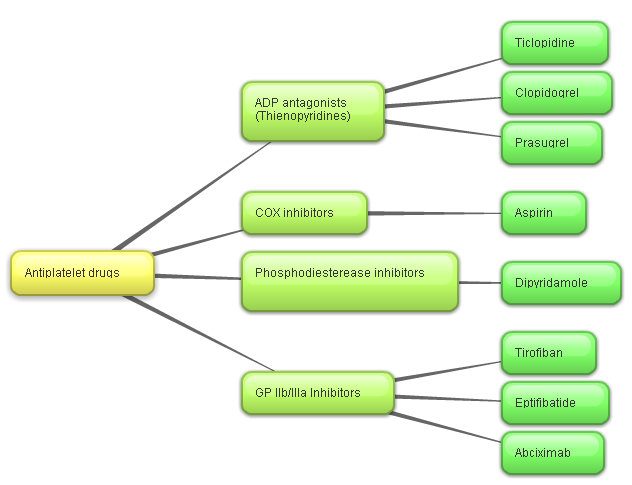Antiplatelet Agents Show Potential in Liver Disease Protection

A recent meta-analysis published in the July 2025 issue of the *Journal of Clinical Gastroenterology* has revealed that antiplatelet drugs, particularly non-aspirin agents, may provide protective benefits against liver-related complications such as malignancy and thrombosis. This analysis sheds light on the relationship between antiplatelet drug use and the risks of liver fibrosis, portal vein thrombosis (PVT), and hepatocellular carcinoma (HCC) among individuals suffering from liver disease.
The study, conducted by a team of researchers led by Dr. Emily Thompson, a gastroenterologist at Johns Hopkins University, analyzed observational data from various databases, including the Cochrane Library, Web of Science, EMBASE, and PubMed, from their inception up until July 20, 2024. The researchers meticulously screened studies based on predefined inclusion and exclusion criteria, ultimately selecting 29 studies that involved approximately 13,000 individuals.
According to Dr. Thompson, "Our findings suggest that antiplatelet agents may significantly lower the risks of liver fibrosis and HCC, with hazard ratios of 0.65 and 0.63, respectively, compared to non-users."
The statistical analysis indicated that the incidence of hepatocellular carcinoma following antiplatelet drug use was approximately 3.6%, while portal vein thrombosis occurred in nearly 48.6% of cases. These findings point towards a potential therapeutic role for antiplatelet agents in managing liver disease, though the authors emphasized the need for further confirmation through high-quality randomized controlled trials.
Dr. Sarah Johnson, a liver disease specialist at the University of California, San Francisco, commented on the implications of these findings, stating, "While the results are promising, clinicians must be cautious in interpreting these results as a definitive treatment recommendation. The underlying mechanisms of how antiplatelet agents confer liver protection require further elucidation."
The study's authors utilized the Newcastle-Ottawa Scale to evaluate the quality of included studies, ensuring a robust methodological framework. Statistical analysis was conducted using Stata version 17, enhancing the reliability of the reported findings.
The implications of this research extend beyond individual patient care; they may influence treatment protocols for liver disease worldwide. According to a report by the World Health Organization published in 2023, liver diseases are among the leading causes of morbidity and mortality globally, necessitating innovative therapeutic strategies.
The potential of antiplatelet agents in liver disease management could reshape clinical approaches, especially in populations at high risk for liver complications. Future research endeavors are poised to explore these associations in greater depth, examining both the efficacy and safety profiles of antiplatelet drugs for liver disease patients.
In conclusion, while the current meta-analysis highlights the potential protective effects of antiplatelet agents against liver-related complications, the scientific community awaits further studies to corroborate these findings and potentially integrate them into clinical practice. As Dr. Thompson aptly noted, "The promise of antiplatelet therapy in liver disease is an exciting frontier, but we must tread carefully to ensure patient safety and therapeutic efficacy."
Advertisement
Tags
Advertisement





